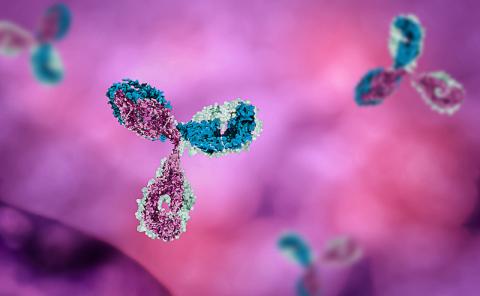
A new population-scale study from the UK Coronavirus Cancer Programme has shed light on the precise factors affecting vaccine effectiveness in people with cancer.
It is known that people living with cancer are generally at increased risk of hospitalisation and death from COVID-19. However, there is believed to be a high degree of variability of risk depending on the type of cancer, the treatments being given, and other factors.
This new study, published in the European Journal of Cancer, set out to evaluate the effectiveness of the third vaccine dose in over 360,000 people with cancer, compared to the general population, using data from Public Health England’s national cancer dataset between December 2020 to December 2021.
Overall, the researchers found that third vaccines doses were less effective in people with cancer than in the general population, and concluded that many people with cancer remain at increased risk of infection, even after three doses.
Lower vaccine effectiveness was found to be associated with:
- a cancer diagnosis in the previous 12 months
- lymphoma
- recent systemic anti-cancer therapy (SACT) or radiotherapy
In the case of people with lymphoma, there was a marked reduction of vaccine effectiveness against breakthrough infection and severe disease.
Overall, vaccine effectiveness for this cohort was found to be:
- 59.1% against breakthrough infections
- 62.8% against symptomatic infections
- 80.5% against hospitalisation from COVID-19
- 94.5% against death from COVID-19
Dr Lennard Lee from the University of Oxford, and first author on the paper, commented:
Third dose boosters are, overall, effective for most people with cancer, but this effectiveness varies substantially from person to person according to a range of factors.
And it’s not just the infection itself that puts people at risk – breakthrough infections disrupt cancer care and treatment, and can therefore negatively impact someone’s chances of survival.
Our data supports the role of boosters in preventing severe disease in people with cancer, but additional pharmacological measures may be necessary in many cases to prevent transmission and limit disruption of cancer care.
